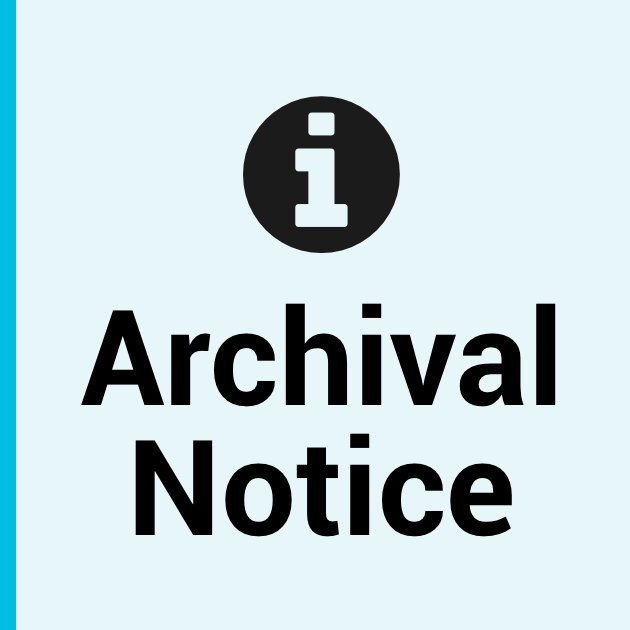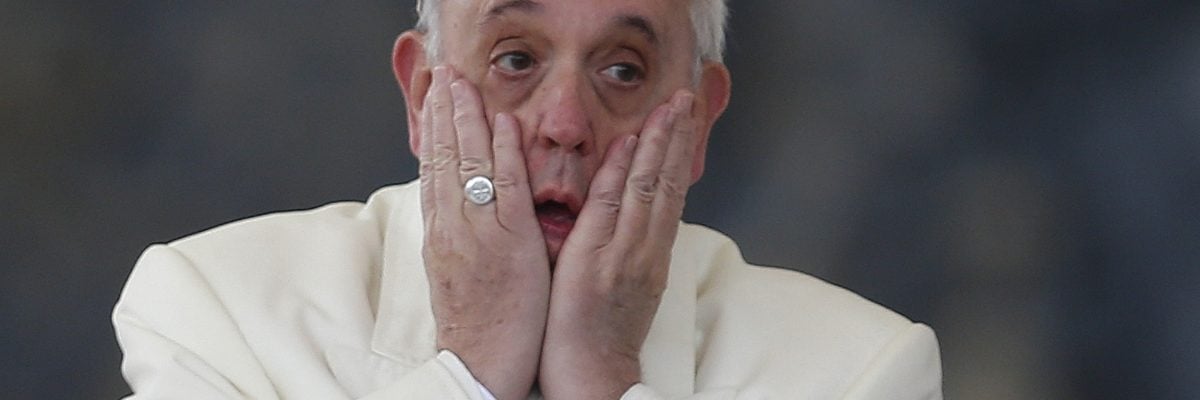Are we to judge what source is the most authoritative in deciding which of two competing teachings is valid?
Welcome to the institutional church. Yes, we are to judge and I judge St. JPII’s teaching as developmental, in concert with the constant teaching of the church, and promulgated to be taken as so via Encyclical. Pope Francis’ teaching is less so, so far.
The first obvious problem is that this sets up a conflict within the church: how can the church have two teachings that contradict one another?
The church has a venue to resolve conflicts which threaten her oneness as she did at the Jerusalem Council in 50AD. Personally, I do not think this issue rises to that level.
The second problem is that JPII’s teaching is different than that of every pope, council, and catechism that preceded him as none of them included his caveat that protection was a requirement.
The prior popes and councils did not have the penal security technology to detect and monitor inmates that came on stream during St. JPII’s pontificate.
This was no ordinary telephone call. A Baltimore man allegedly used a cell phone to arrange a murder, offering to pay $2,500 for the crime, according to Maryland federal prosecutors. Moreover, the man should not have had a cell phone — he was in the Baltimore City Jail on the evening he...

nij.ojp.gov
none of them included his caveat that protection was a requirement.
The common good always includes the protection of society, if not explicitly, then implicitly.
So what are we to do with Francis’ change? Ignore it?
If you are presently a judge in a capital crime case or an executioner at a prison then seek special guidance. If not then be patient; the Spirit is at work.
I have always been disappointed with the way that passage was written, but your interpretation of the second half of that sentence would completely nullify what was just said in the first half.
No, the post is consistent with the teaching. Catechisms are summary documents. You will have to go to primary source materials to amplify this teaching. Aquinas’ work is often cited.
The passage says that circumstances can’t make make an intrinsically evil act acceptable. It is simply silent on the reverse possibility
No, the circumstances of time, place and persons have their part in determining the morality of an individual act. The moral character of an act may be so affected by attendant circumstances, that an act good in itself may be evil when accompanied with certain circumstances.
“Bonum ex integra causa, malum ex quocumque defectu,” – “A thing to be good must be wholly so; it is vitiated by any defect.”




